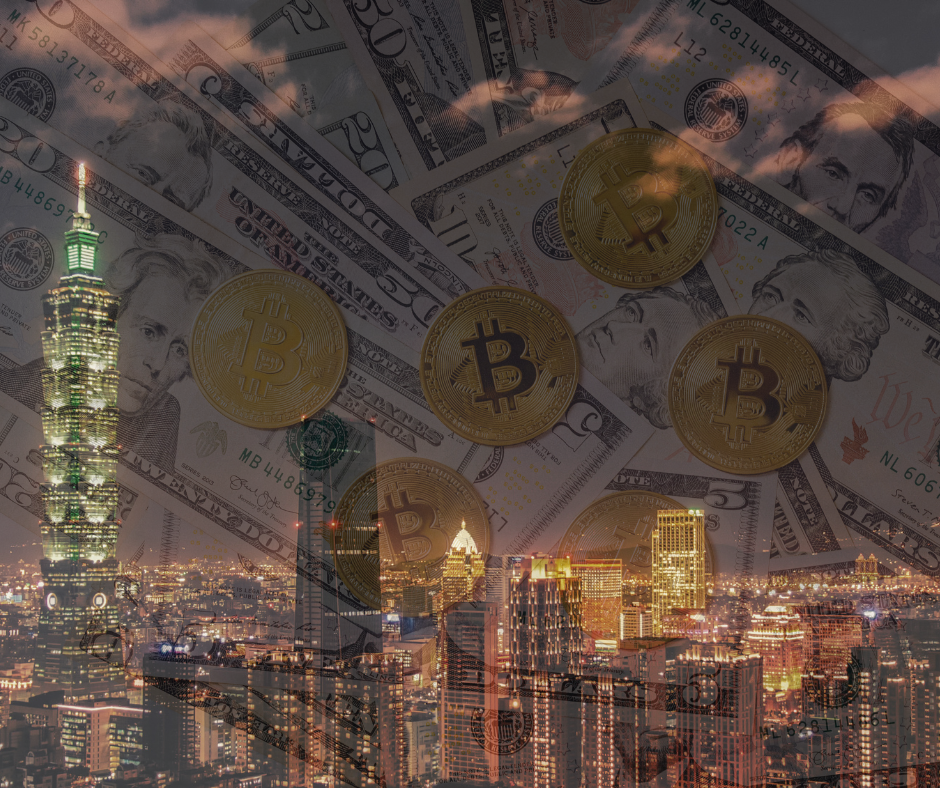Hong Kong Holds Steady as the US Federal Reserve Pauses on Rate Hikes
- Flexi Group
- Sep 21, 2023
- 4 min read
Hong Kong has opted to keep its base interest rate at 5.75 percent, following the decision by the US Federal Reserve to maintain its target rate range of 5.25 percent to 5.5 percent. This decision by the Fed marks the second time this year that it has chosen to bypass a monetary tightening cycle, offering some respite to businesses and borrowers in Hong Kong amid the backdrop of economic challenges.

The Hong Kong Monetary Authority (HKMA) announced this decision, aligning itself with the Federal Reserve's stance of refraining from further rate increases. This move carries significant implications, as Hong Kong has long followed the monetary policy lead of the US Federal Reserve, a practice dating back to 1983, primarily to support the local currency's peg to the US dollar.
This action by the Fed, often referred to as a "hawkish skip," was widely anticipated, with futures markets signaling a staggering 99 percent probability of this outcome. Blerina Uruci, the chief US economist at T. Rowe Price, observed that this expectation had been entrenched in the market for some time, making it something of a foregone conclusion.
Subsequent to the interest rate decision, Hong Kong's Hang Seng Index experienced a drop of 1.3 percent, mirroring the decline on Wall Street overnight. The S&P 500 saw a 1 percent decrease, while the Nasdaq recorded a 1.5 percent decline.
Hong Kong's most recent interest rate hike took place in July when the base rate was raised by 25 basis points to its current level of 5.75 percent. Since the commencement of the Federal Reserve's "lift-off" in March 2022, Hong Kong has witnessed a cumulative increase of 5.25 percentage points in its base interest rate.
The decision by the Federal Reserve comes against the backdrop of a looming September 30 deadline to keep the federal government operational in the United States. Certain congressional Republicans are currently obstructing the passage of a budget, thereby heightening the risk of a government shutdown, reminiscent of events in 2018. As a result, experts anticipate the potential for short-term market volatility due to the prevailing uncertainty.
HSBC, one of Hong Kong's major banks, has declared its intention to maintain its prime rate at 5.875 percent, aligning itself with the decision made by the HKMA. It is expected that smaller banks in Hong Kong will follow suit. However, it is worth noting that the cost of loans may still experience an uptick later in the year, primarily due to the escalating funding costs in the interbank market.
The surge in Hong Kong's one-month and three-month interbank offered rates (Hibor) provides a tangible illustration of this trend. The associated increase in mortgage costs may deter prospective property buyers, which could potentially contribute to a 5 percent decline in median home prices over the coming months.
In response to these developments, the HKMA has issued a cautionary statement to borrowers, advising them to meticulously assess the risks when making property purchases, mortgage decisions, or other borrowing commitments. Furthermore, the HKMA emphasized that the duration of the high-interest rate environment remains uncertain, contingent upon future economic data and the residual impact of prior rate hikes.
Expert opinions lean towards the notion that the present cycle of rate hikes may be approaching its culmination. This belief is grounded in the backdrop of receding US inflation. Financial markets are currently pricing in a 44 percent probability of just one additional 25-basis point rate hike transpiring by the conclusion of 2023. If this forecast materializes, it could offer some reprieve to Hong Kong's economy, as businesses begin to anticipate the cessation of further rate hikes.
In the words of Franck Dimer, the global chief investment officer for fixed income products at Allianz Global Investors, "We believe the Fed has completed its rate hike cycle." Dimer contends that recent economic data points toward sustained disinflation, particularly in the services sector, as well as a reduction in labor market tensions, both of which are pivotal indicators for the Federal Reserve.
This prospect bodes well for Hong Kong's economy. As businesses start to perceive a glimmer of light at the end of the tunnel, the adverse effects of additional rate hikes could potentially be mitigated to some extent. Ryan Lam Chun-wang, the head of research at Shanghai Commercial Bank, envisions this as a positive development, as he asserts, "As businesses see the light at the end of the tunnel, the impact of further rate hikes should be tamed marginally."
In conclusion, Hong Kong's decision to maintain its base interest rate comes in the wake of the US Federal Reserve's second decision this year to forego a monetary tightening cycle. While uncertainties persist, including a looming US government shutdown deadline, this move offers some respite to Hong Kong's businesses and borrowers in an otherwise challenging economic environment. The global financial community will closely monitor developments, especially as they relate to future rate hikes by the Federal Reserve and their impact on both the US and Hong Kong economies.
By fLEXI tEAM





Comments